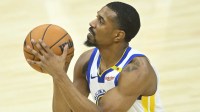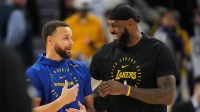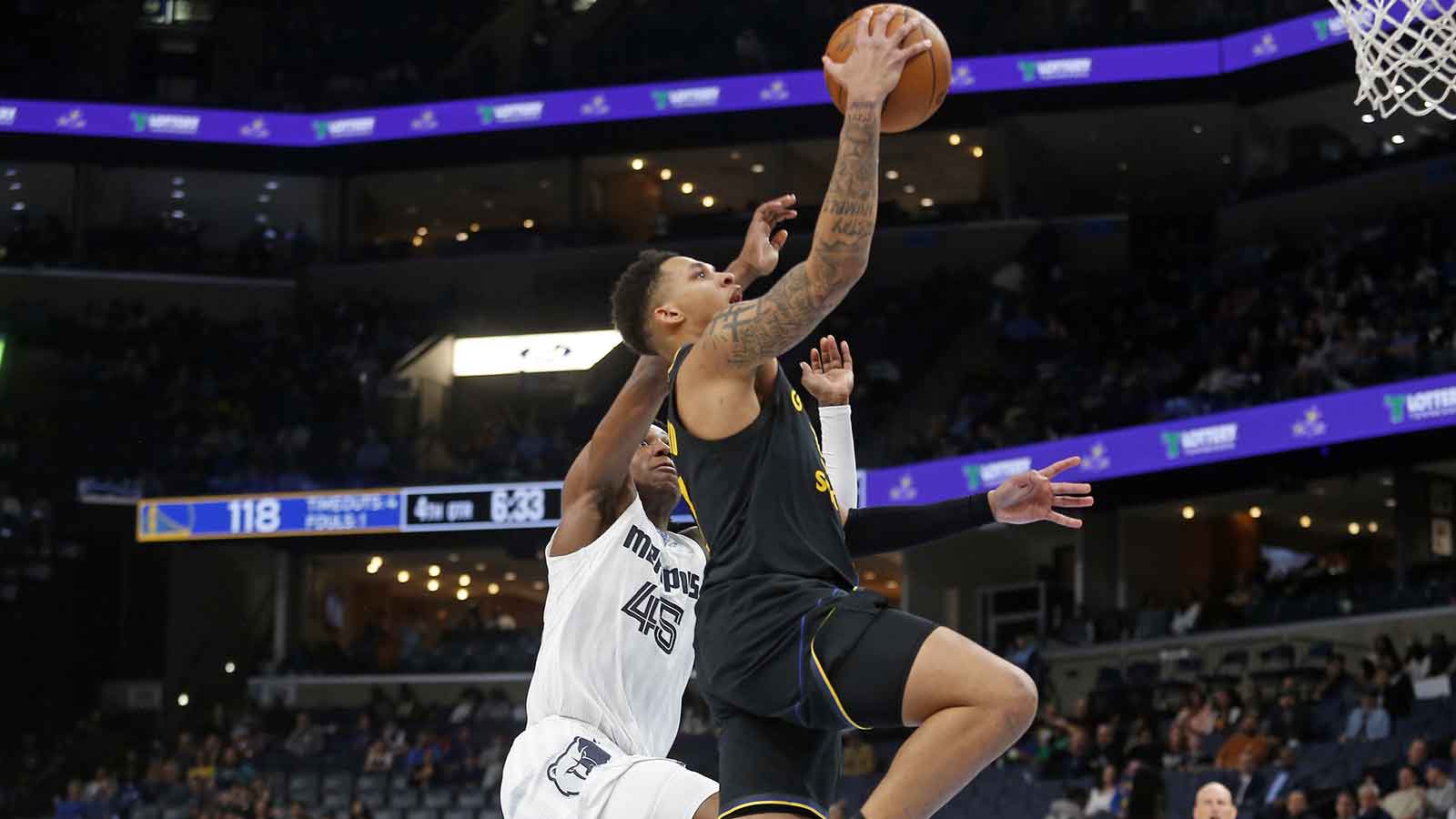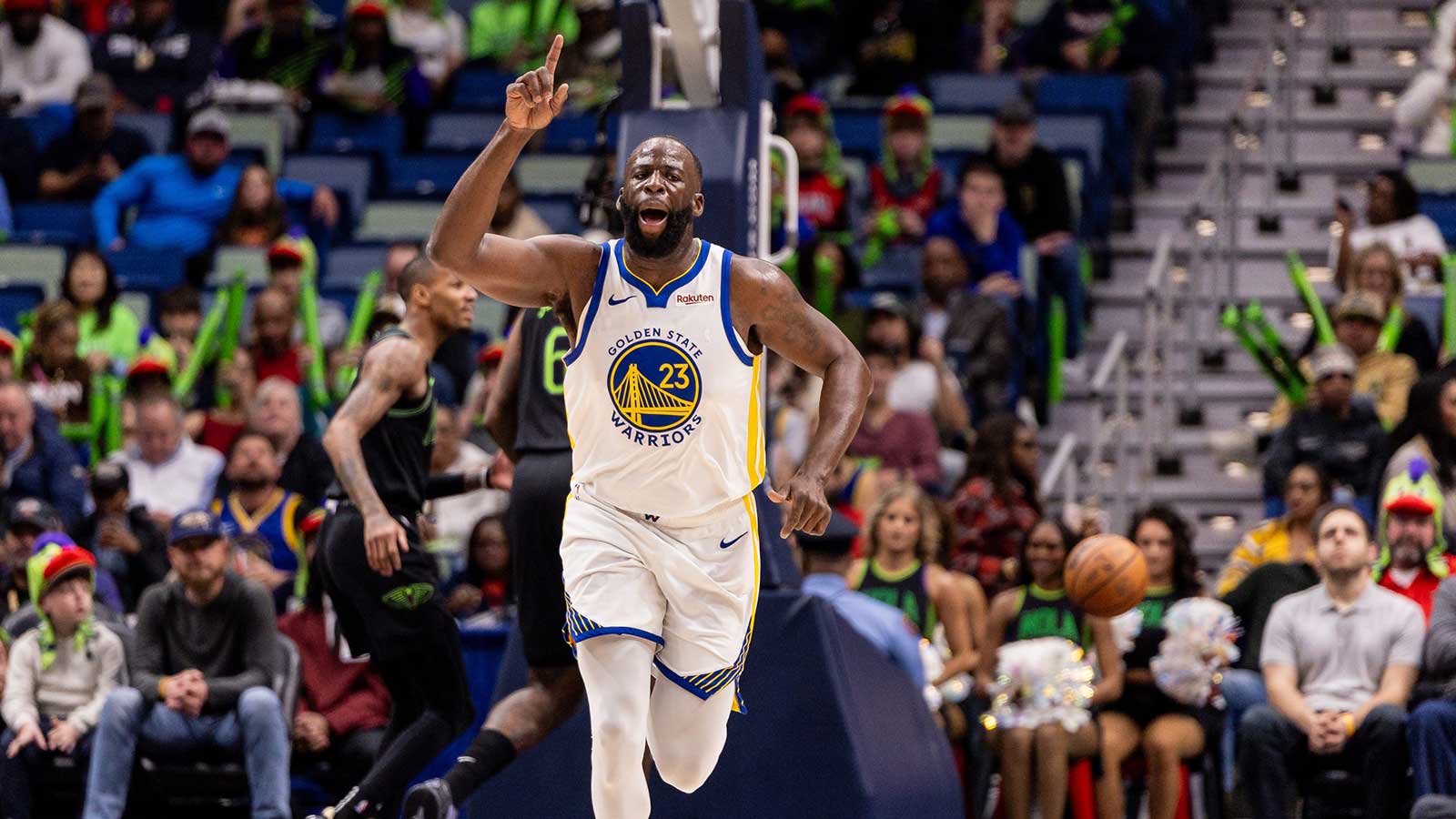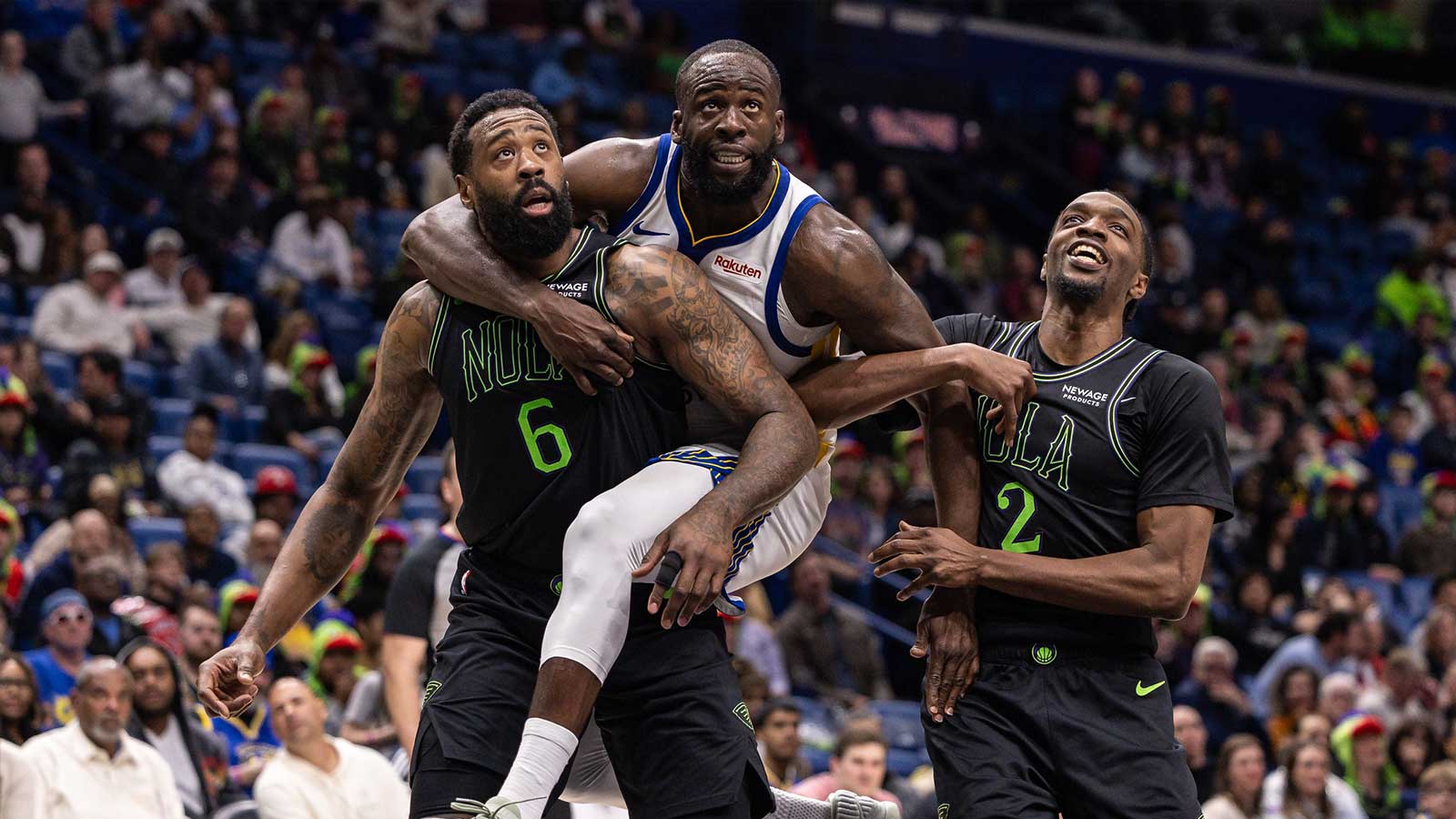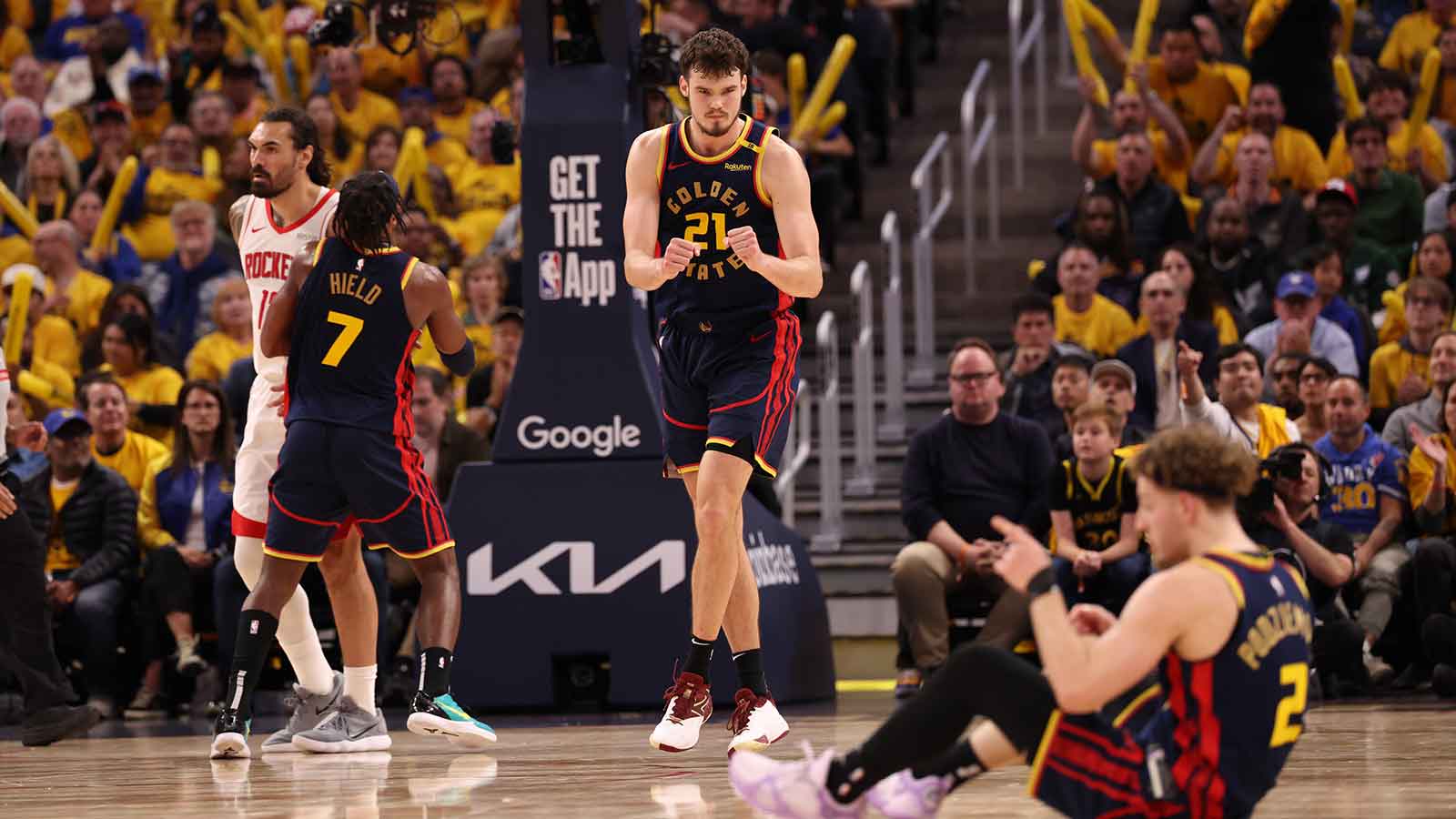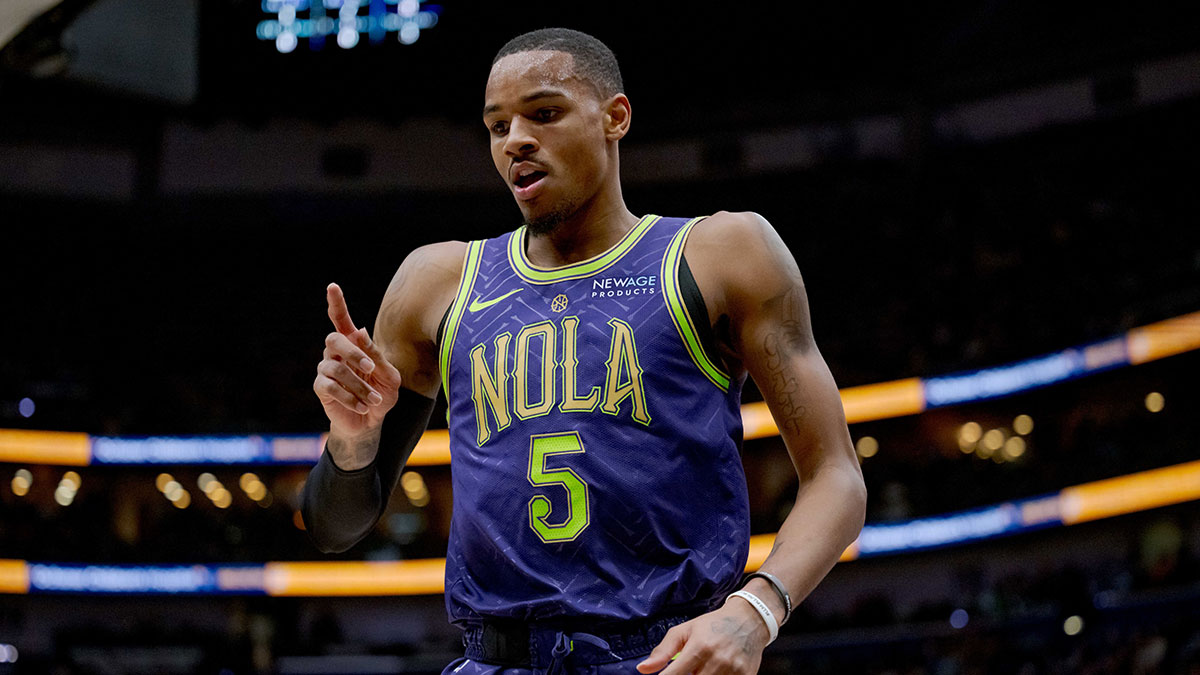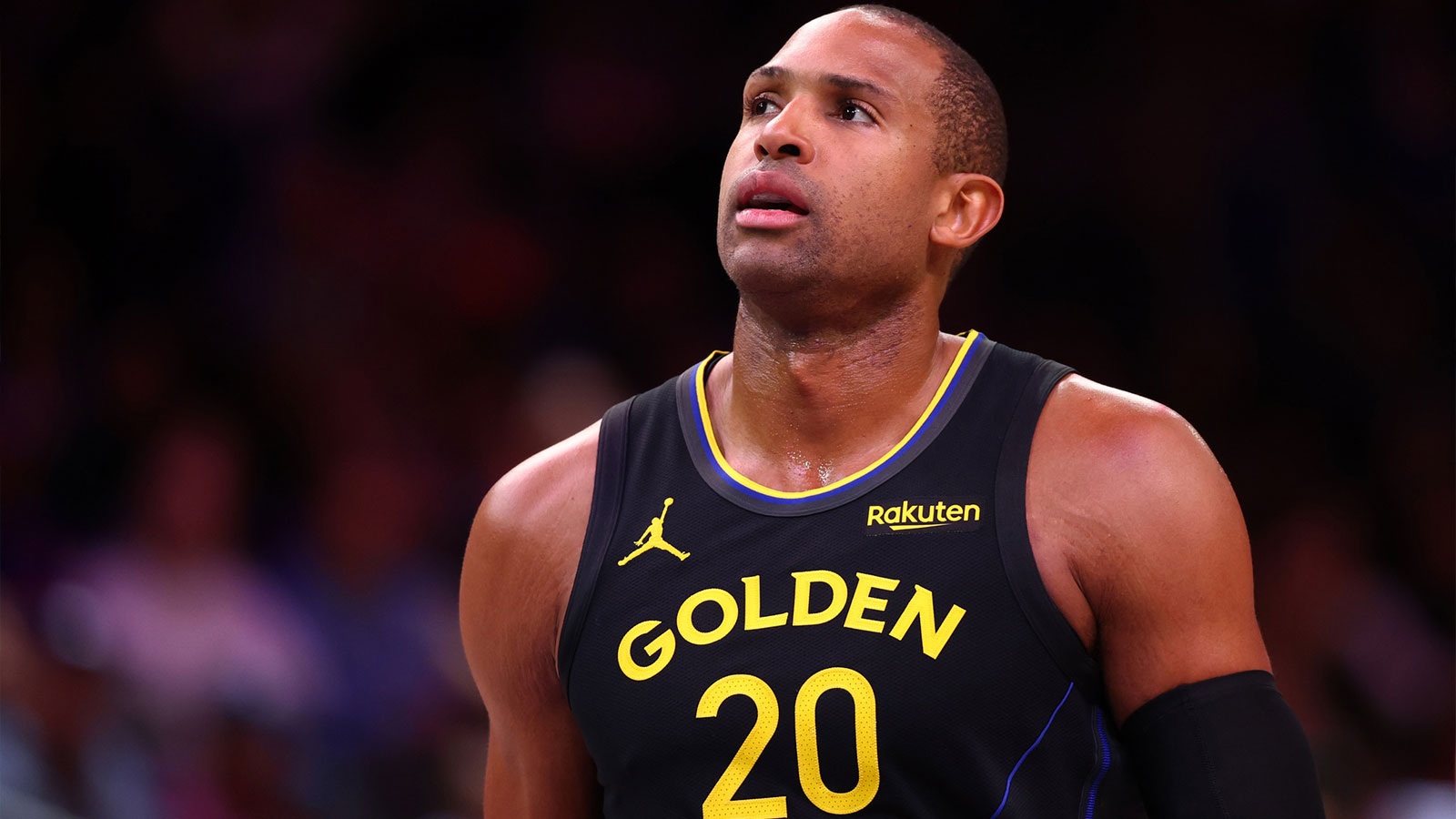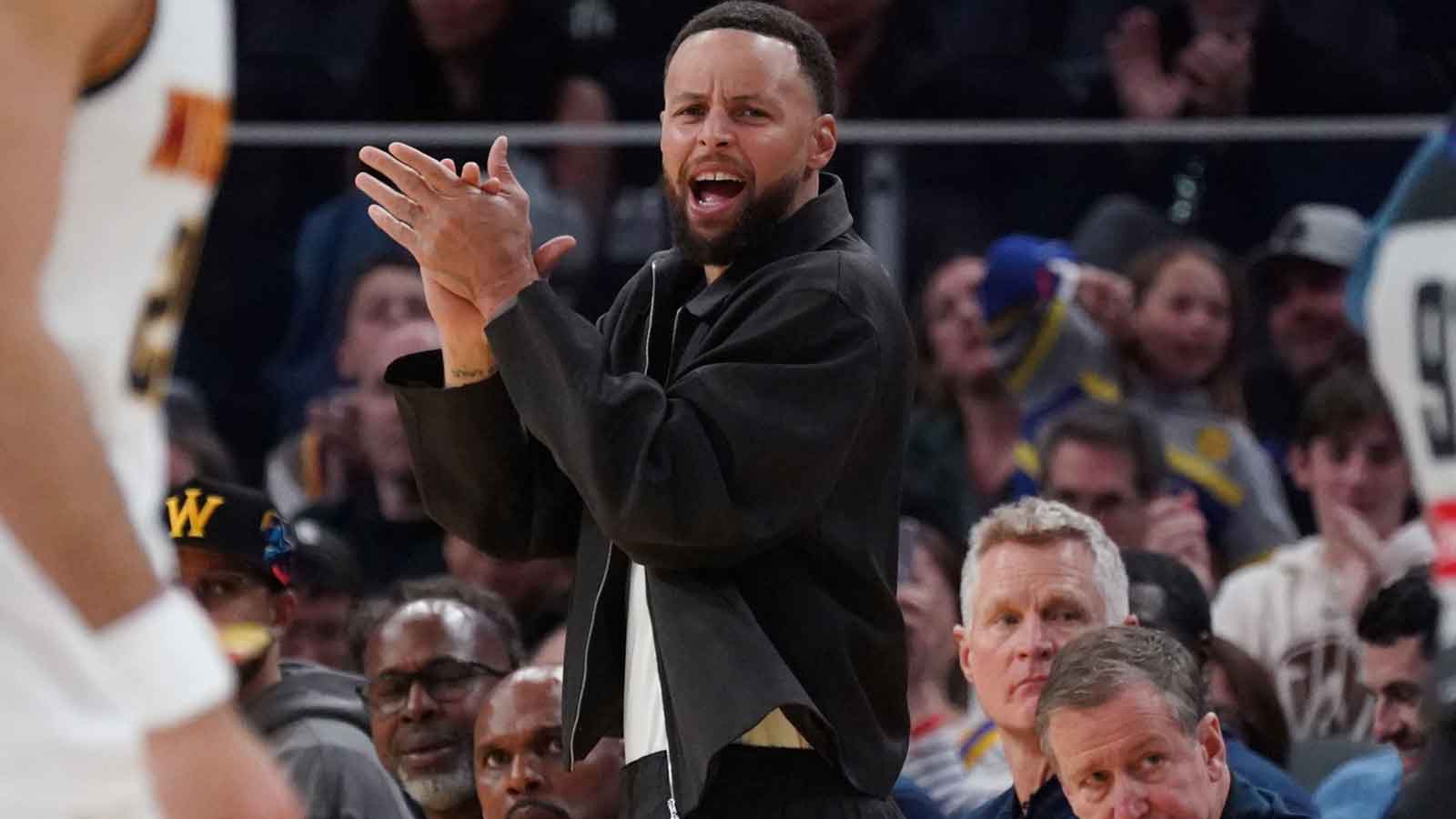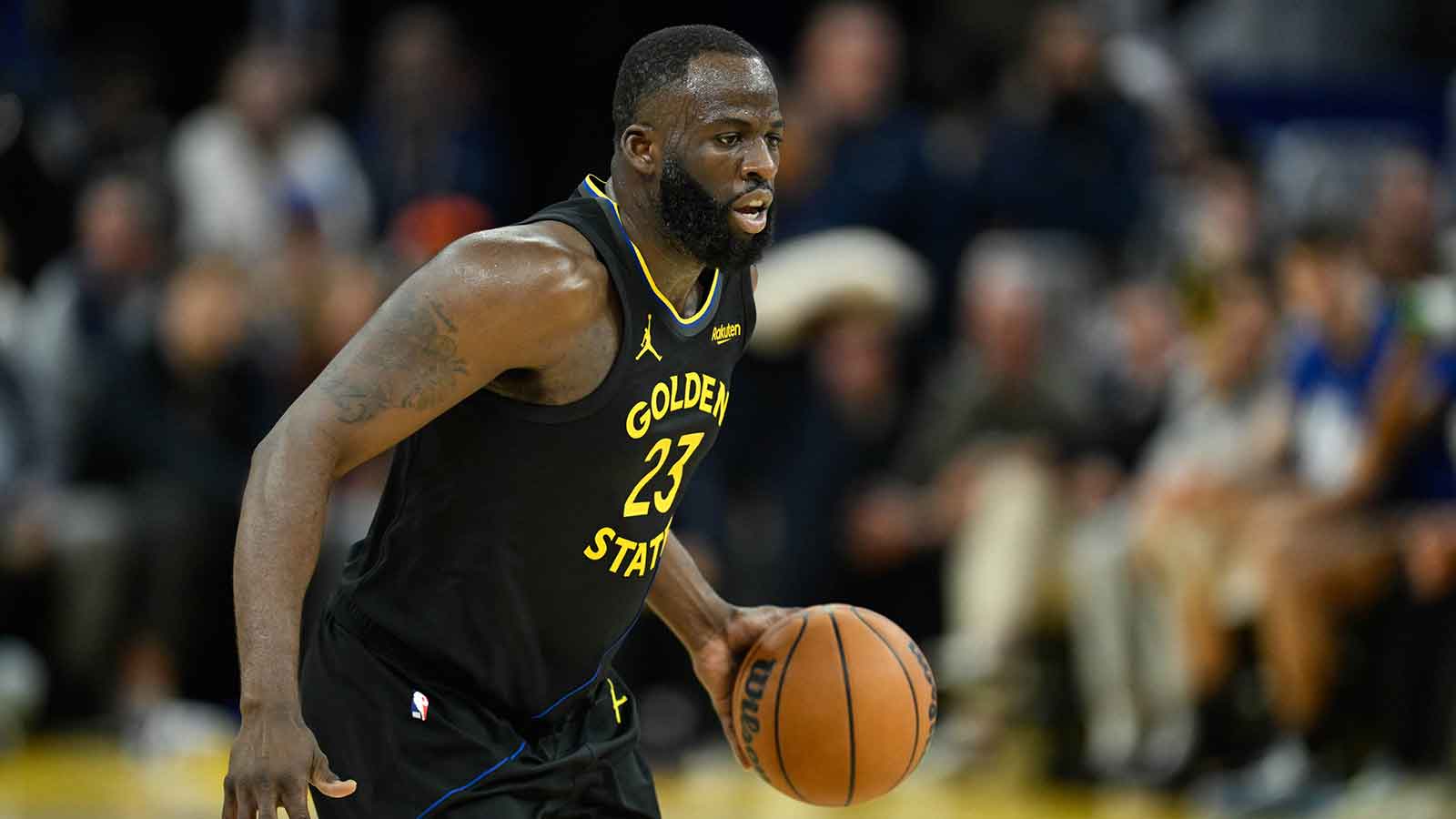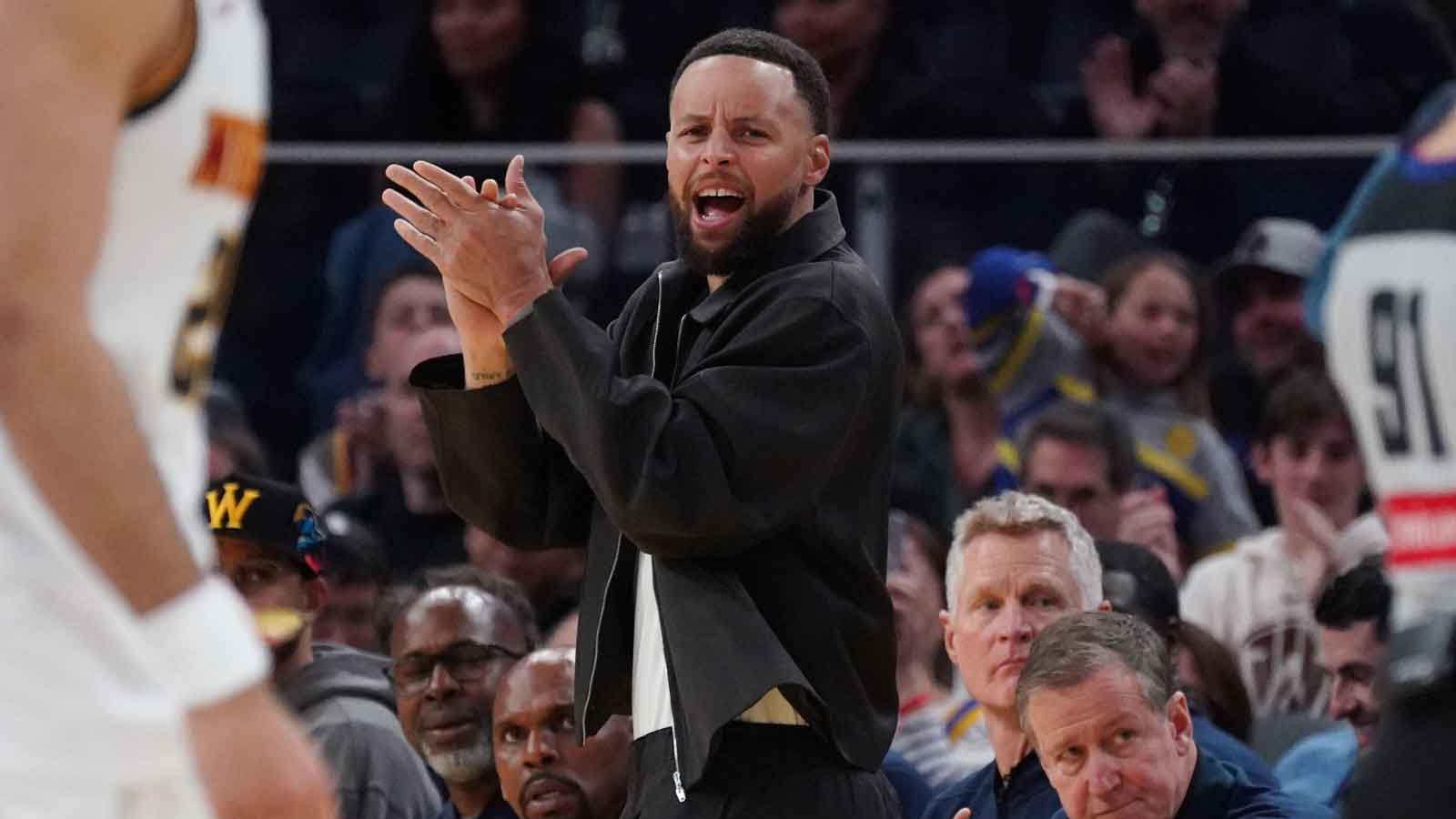DeMarcus Cousins’ roller coaster season took a turn for the worst in the Golden State Warriors’ loss in Game 3 of the Finals. The banged-up Cousins had as many turnovers (three) as rebounds, posted a minus-12 net rating and missed six of his seven shots in a dismal 4-point outing. The Toronto Raptors frustrated him on both ends of the floor, taking advantage of the flat-footed Warriors center in the pick-and-roll as they grabbed a 2-1 series lead.
Warriors head coach Steve Kerr had no choice but to bench Cousins for the majority of the second half, as the 6-foot-11 big man saw only 19 minutes in the defeat. Cousins’ brutal performance came on the heels of his masterful Game 2 effort—in which he posted 11 points, 10 rebounds, six assists and two blocks in the Warriors’ road victory.
Turning 29 in August, Cousins is one of the most mercurial free agents. He is a four-time All-Star who twice earned All-NBA honors. However, he has had major trouble staying healthy. He tore his Achilles in January 2018 and tore his quadriceps in the opening round of these playoffs.
Cousins recovered from his quadriceps ailment rather quickly, returning to action less than two months after enduring what looked like a season-ending injury. While his swift recuperation is commendable, he looks far from his once-dominant self and scarcely has any lift off his legs.
After settling for a 1-year, $5.3 million deal with Golden State last summer, Cousins will look to ink a long-term contract elsewhere. But how big will the market be for a player who suffered two separate, significant injuries in a 16-month span? Would a team really hand out a lucrative contract to a player with his wear and tear who appears to be on the decline?
For Cousins to net a massive payday this summer, he will need to produce for the rest of the NBA Finals. Klay Thompson (strained hamstring) will be back in Golden State’s lineup, but it’s hard to gauge how effective he will be at less than full strength. Kevin Durant remains sidelined for Game 4 and may not appear in these Finals at all. Cousins must step up for the injury-riddled Warriors.
Cousins played in just 30 games this season as he healed from last year’s Achilles tear. He managed solid numbers on a loaded Warriors team, scoring over 16 points and grabbing roughly eight rebounds per contest. However, that was before the pre-quadriceps derailment.
Adding another injury to a nine-year career filled with health issues, Cousins must prove this version of himself can be an effective player. His Game 2 performance gave hope that he can return to stardom. But that quickly became outshadowed by his struggles in Game 3, which was particularly concerning because the Raptors clearly put forth a game-plan to stop him and it worked to a tee.
Overreacting to Cousins’ Game 3 woes may seem like the classic knee-jerk reaction. But in reality, it’s not. League executives have less than a month before NBA free agency hits, at which point they must decide whether or not Cousins can still perform at a high-level. That’s why his ability to respond in Game 4 and beyond is so crucial. He can't afford another terrible display. Cousins needs to show he can combat the Raptors’ adjustments.
Kerr likely has a short leash for Cousins, so the big man will be forced to come out of the gates strong. Otherwise else, DeMarcus Cousins will be relegated to the bench, and consequently, could be looking at another disappointing free-agent market and another short-term contract.



